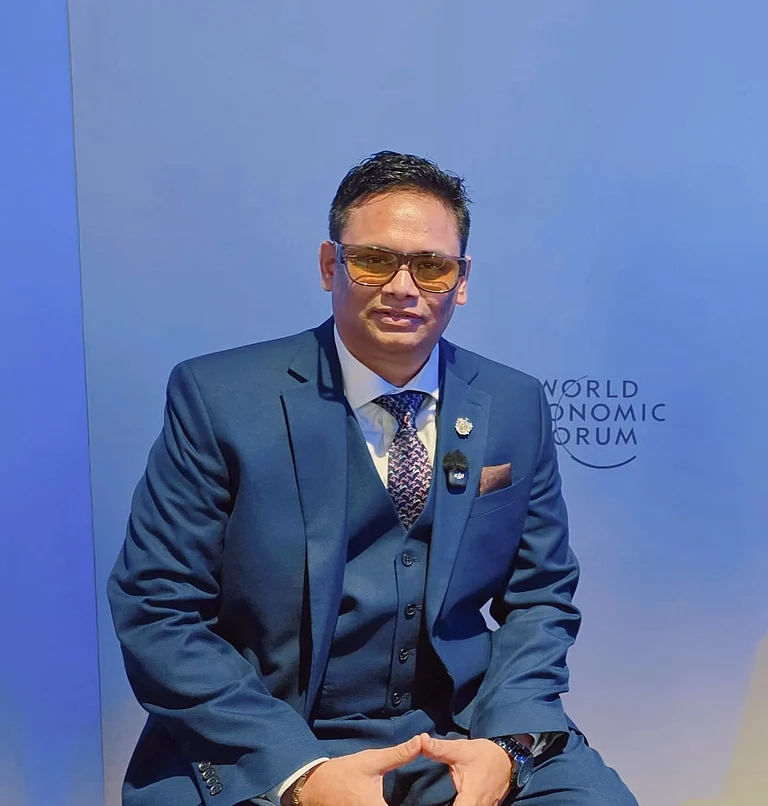India's nuclear explosions this year, followed by Pakistan's tit-for-tat, seemed to put paid to all hopes of a meaningful dialogue between the two countries. However, the happy irony, we are told, is that their follies have forced them to start talking to each other again. But let us not fool ourselves. They have been dragged, kicking and screaming, to the table because Washington gave them no choice. By the same insincere token, however, we must not expect anything substantial to emerge quickly from the latest round.
India has lost ground by initiating the nuclear tests and allowing Pakistan to internationalise the Kashmir issue. Pakistan has lost ground by inviting sanctions it can ill afford. Both were under pressure to finds ways and means of reducing tension and preventing accidental conflict. So both went through the formality of reading and alluding to each other's "non-papers" and promised to consider the available options. It is, however, significant that Pakistan has already flatly rejected the Indian proposal for a "no-first-strike nuclear pact" (because its conventional weapons defence is insufficient to cope with a conventional Indian attack) and India is unable to agree on a "non-aggression pact" proposed by Pakistan (because it is linked to a settlement on Kashmir). In the meanwhile, India is readying for large-scale military exercises on Pakistan's border and the new Pakistani army chief has made his first visit to the front-lines within a week of taking over and made stirring speeches before his rank and file.
However, all hope is not lost. There is growing opinion in India that the forthcoming talks should not be abandoned under any pretext by New Delhi. Similarly, many people in Pakistan think that, with a nuclear deterrence in place, Pakistan should cool its heels vis-a-vis India so that it can find the time and space to tackle its crippling economic crisis. Indeed, the Pakistani business community is discreetly urging its government to relax trade and visa restrictions with India as the benefits to Pakistan at least are quite palpable.
Sharif has made three major "concessions" to India in these talks. One, he has agreed to continue with a "bilateral" dialogue with New Delhi even as the hawks in Pakistan are urging him to exploit India's weakened international position and settle for nothing less than a "multilateral" approach under the aegis of the UN or Washington. Two, he has refrained from crowing about any "historic breakthrough" over Kashmir in the current dialogue, thus protecting Atal Behari Vajpayee from hawkish pressure on his side to scuttle the talks. Three, he has agreed to take the agenda forward without any significant concession from India over Kashmir. Will India grasp this opportunity to help Sharif move forward? Will India's military exercises throw a spanner in the works?
Will India change the equations again either by refusing to sign the CTBT or by fuelling the nuclear arms race in the subcontinent, thereby putting pressure on Pakistan to change tack again? Will Sharif survive long enough for the dialogue to bear some fruit? Clearly, while peace between India and Pakistan is still a long, long way off, it would be tragic if they were forced to start from the beginning once again at some future stage.
(Najam Sethi is the editor of Friday Times, Lahore.)


























